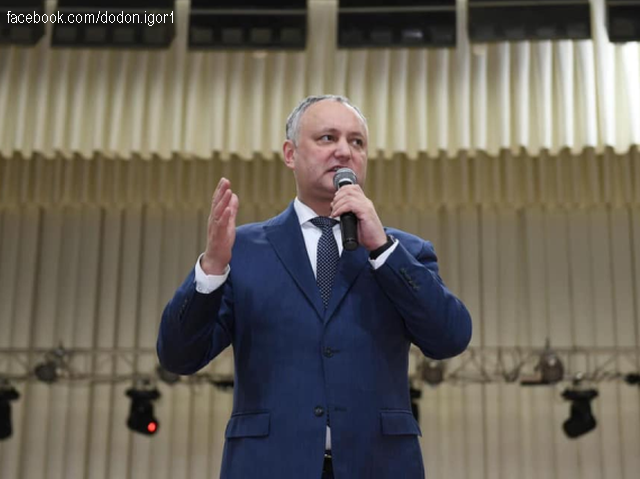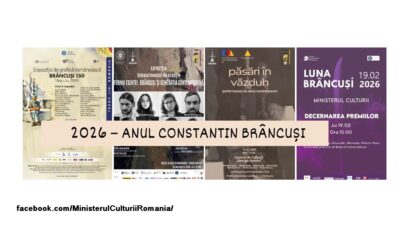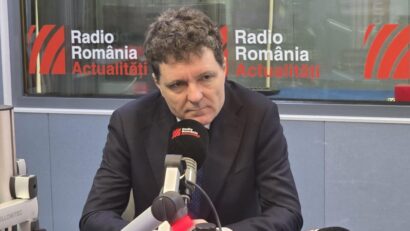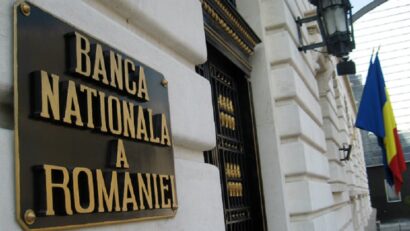Elections in the Republic of Moldova
The parliamentary elections in the Republic of Moldova came to a close, without major incidents being reported

Bogdan Matei, 26.02.2019, 13:25
The most consistent and energetic supporter of the
sovereignty, territorial integrity and European aspirations of the neighbouring
country, Romania received with caution the results of Sunday’s legislative
elections in the Republic of Moldova. The Romanian Foreign Ministry says the
ballot unfolded in keeping with the legal provisions and democratic standards. According
to the Romanian Foreign Ministry it is very important now for Moldova to go
through the post-election stages responsibly, observing democratic principles,
which are instrumental in ensuring stability and keeping the country’s European
perspective open.
Solely the European option may bring sustainable responses to
the Moldovan citizens’ legitimate prosperity expectations, the Romanian
diplomacy underlines. In exchange, the
right-of-centre opposition in Bucharest makes a much more severe assessment of
the situation. The National Liberal MP Matei Dobrovie says the elections
haven’t been free, neither fair, nor democratic. He condemns the fact that
Moldovan voters living abroad haven’t been allowed to vote only by presenting
the Moldovan identity card, which happened in the previous elections, and he levels
the accusation that tens of thousands of people in the pro-Russian break-away
region of Transdniester, which got out from under Chishinau’s control in 1992, have
reportedly been bribed to come to the polling stations on the right side of the
Dniester, in an organised move.
The pro-European opposition in Chisinau also
deems the elections as the most undemocratic in the history of the small
republic. Beyond disputes, figures are telling. Just like opinion polls to
gauge voting intentions clearly indicated, the winners are the pro-Russian Socialists
of President Igor Dodon. They have won 35 of the 101 MP seats. The senior party
in the self-declared pro-western government, the Democratic Party, of
centre-left orientation, led by the controversial oligarch Vladimir Plahotniuc,
has got 30 seats and the ACUM bloc, an electoral cartel of the pro-European
right wing got some 26 seats. Seven seats go to the populist party led by the
pro-Russian mayor of the town of Orhei, in the centre, Ilan Şor, who was
sentenced to 7 years and 6 months in a money scandal lawsuit, after 1 billion
dollars disappeared from the Moldovan banking system.
Three independent
candidates will also become MPs. The former single party in the Soviet era, the
communist party, will no longer be represented in parliament for the first
time, just like the parties which have explicitly assumed the ideal of
reunification with Romania after independence was declared, namely the Christian
Democrats and then the Liberals. President Dodon has warned that he will call for
holding early elections if no clear winner emerges from the ballot, and the
parties fail to make up a government coalition. Unanimously considered a key
figure and even the iron fist of the political class in Chisinau, Plahotniuc has
expressed readiness to negotiate with anyone and to make abstraction from
ideological differences. Pundits tend to believe he will have again the ability
to form a majority, rallying around his Democratic Party, if not parties, at
least MPs always willing to abandon the sign under which they have been
elected.






























